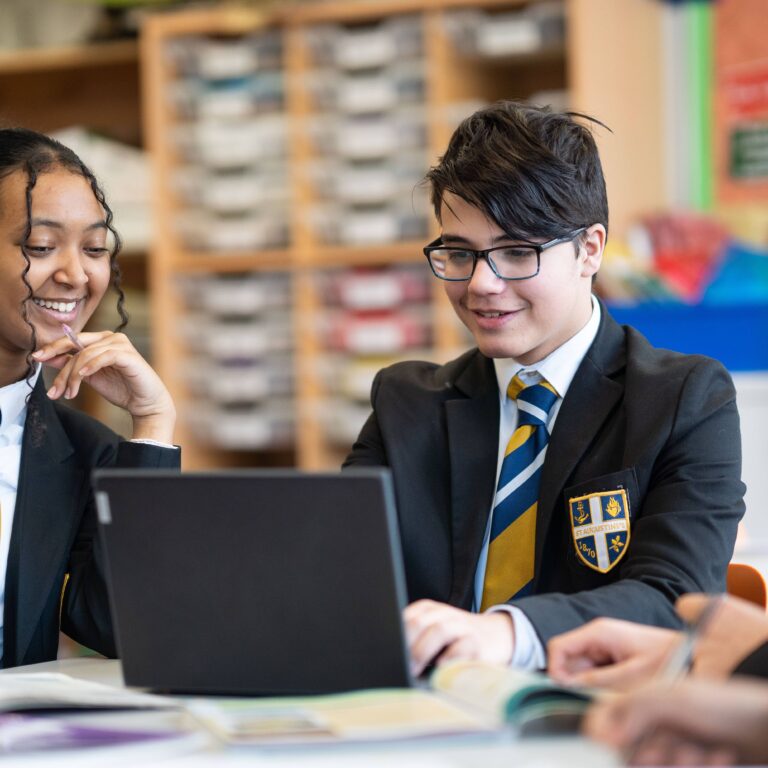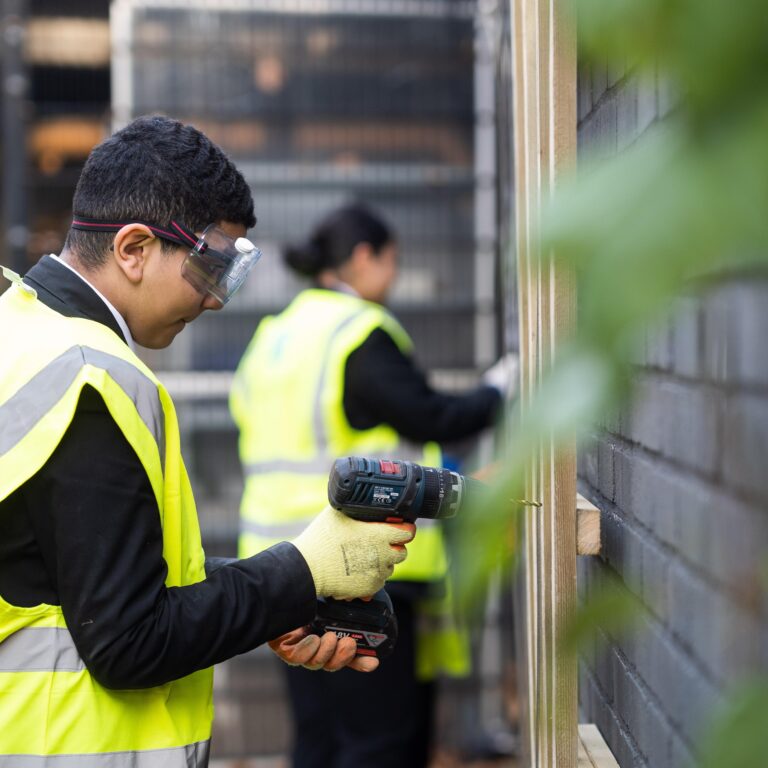Course content
Component 1: Personal investigation
In year 12 students will complete a Foundation stage working in different areas of fine art: drawing, painting, collage, photography, printmaking, and sculpture. This is supplemented with lessons in critical and contextual studies and trips to central London galleries. Students will develop personal responses to the theme Culture and Society. The development of ideas is documented in a sketchbook and the project culminates in an ambitious final piece.
In year 13 students develop their personal investigation further, creating work based on an idea, issue, concept or theme leading to a finished outcome or a series of related finished outcomes. Practical elements should make connections with some aspect of contemporary or past practice of artists and/or photographers and include written work of no less than 1000 and no more than 3000 words which supports the practical work.
Component 2: Externally Set Assignment
The title for the A-Level Fine Art exam project will be released in early February. Students have a period of 8-10 weeks (plus the spring half term and Easter holiday) to develop ideas through preparatory studies before spending two days in the department realising a final outcome as part of the 15 hours, controlled assessment.
Year 12
Foundation – Culture and Society
Exploring personal ideas independently through 4-week introductory workshops.
Autumn:
- drawing
- sculpture
- painting
Spring:
- printmaking
- film/photography
- collage
Summer:
- gallery visits, artist talks
- prepare for A2 Personal Investigation.
- presentations
Critical and contextual lessons to support understanding and written analysis of modern and contemporary art concepts. ‘Ways of Seeing’ John Berger.
Year 13
Autumn:
Personal Investigation, written and practical components
- 3 strands on chosen theme of interest
- five-hour HW pieces completed
- complete first draft of essay
- Foundation/degree applications
Spring:
complete final draft of essay and present through Blurb books or Photo Box
develop and refine area of interest
complete final piece(s) mock exam
Summer:
- Exam unit


